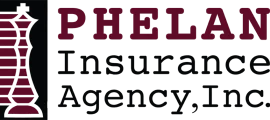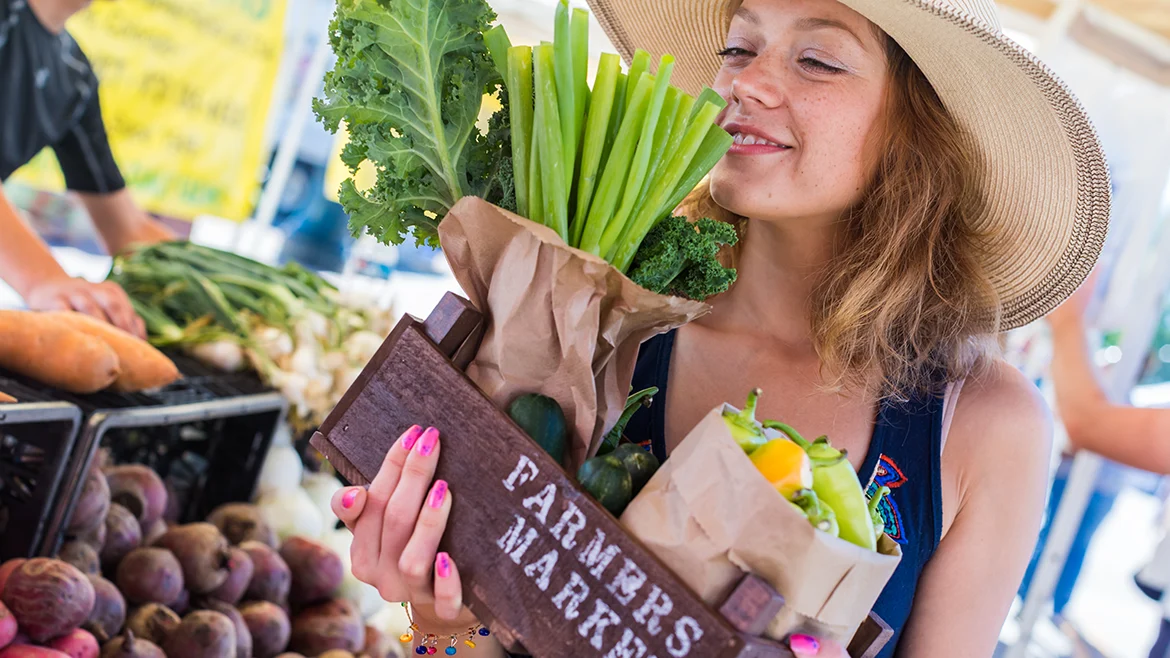Direct marketing is an efficient way for farmers to interact with consumers and capture the full value of their harvests without depending on a third party. Examples of direct marketing opportunities include farmers markets, roadside stands, pick-your-own, agricultural tourism and direct sales to restaurants and stores. While both consumers and growers profit from these increasingly popular venues, farmers must consider the increased liability they could be facing by cutting out wholesalers and processors.
Consumers affected by foodborne illness outbreaks can take legal action against growers, and regulators can issue product recalls that cause catastrophic drops in sales and damage the farm’s or product’s reputation. Being prepared for claims of foodborne illness and food recalls, as well as purchasing sufficient insurance against liability exposures, is an integral part of any successful farmer’s business plan.
Raw vs. Processed
One aspect of food products liability to consider is the difference between processed and raw foods: adding value to your food products by processing them generally subjects you to various state and federal laws that are not applicable to the sale of raw products and also greatly increases your safety and liability risks. Liability risks are more prevalent for processed or cooked food products than for those sold raw because, for example, consumers are expected to know to cook raw meat to a certain temperature to avoid illness.
Prevention
One of the best ways you can protect your farm against liability exposures is to prevent losses by making a commitment to product quality and safety. Most of what can be done to protect against a product incident is done (or not done) in the area of product quality assurance and control. The logic is simple: If a food product is free of contaminants when it leaves the farm, the odds of experiencing a major incident are considerably reduced.
One of the best ways you can protect your business against liability exposures is to prevent losses by making a commitment to product quality and safety.
General Farm Liability Insurance Policy
General farm liability insurance typically protects against claims for bodily injury and property damage that occur on the farm premises or as a result of farm operations and covers accidents that affect farmers, employees, guests and customers. It may also cover raw and unprocessed produce.
Commercial Business Liability Insurance
Adding business liability insurance to general farm liability coverage might be necessary for farmers who undertake activities that are not strictly agricultural, such as fresh-produce processing or selling products in farmers markets or selling more than a certain percentage of products that originate off-farm.
Product Liability Insurance Policy
A common misconception is that a general farm liability policy will protect against claims of injury from contaminated fresh produce. However, since the injury generally occurs off the premises, this is usually not the case. Product liability insurance is appropriate for this exposure, as it protects against consumer claims of injury caused by a defective or hazardous product such as contaminated fresh produce. For this coverage, you will generally be required to submit a detailed description of product and business operations to the underwriter.
Product Recall Insurance Policy
This type of policy generally covers direct costs of a product recall, such as the removal and destruction of contaminated products, the cost of their replacement and transportation costs. However, it does not cover other indirect costs such as third-party expenses (i.e., if a downstream retailer loses business as a result of your contaminated product), loss of profit and business interruption losses. It also does not cover farmers who are indirectly penalized by another farmer’s contaminated product.
Accidental or Product Contamination Policy
An accidental or product contamination policy covers the many indirect costs of product recalls. This coverage protects against claims resulting from unintentional distribution of a product deemed unsafe. However, those growers damaged solely by bad publicity and not contamination are not covered.
Malicious Tampering Insurance
Malicious tampering insurance policies are the most comprehensive, protecting against losses from criminal actions of sabotage on top of the losses covered in the accidental or product contamination policies.
Risk Management Plan
In addition to transferring risk, thorough risk management practices are essential to minimize the exposure and the cost of a recall event. The product recall insurance marketplace is highly specialized. Our team of property and casualty experts can help you secure the coverage you need and collaborate with you to develop a risk management plan that meets your specific needs.
© 2010-2011 Zywave, Inc. All rights reserved.

